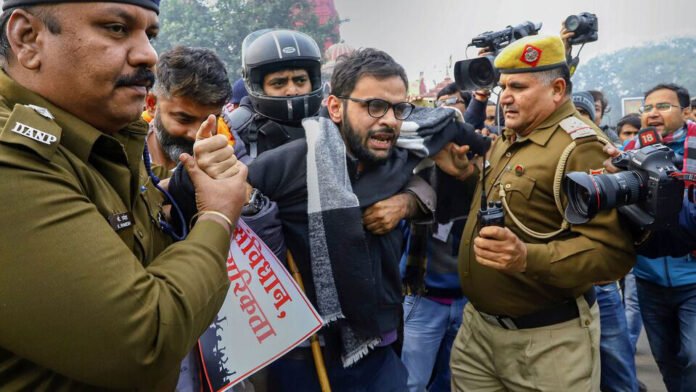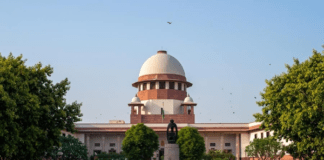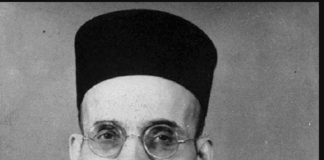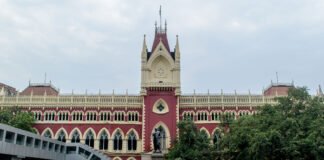Supreme Court to hear bail pleas of Umar Khalid, Sharjeel Imam, and others in Delhi riots conspiracy case tomorrow.
Student activists accused in the Delhi riots “larger conspiracy” case to appear before the Supreme Court seeking bail.
Top Court to Revisit UAPA Charges Amid Bail Challenge
The Supreme Court of India is scheduled to hear tomorrow the bail petitions filed by prominent student activists Umar Khalid, Sharjeel Imam, Gulfisha Fatima, and Meeran Haider in the Delhi riots larger conspiracy case.
The matter will be taken up by a bench comprising Justice Aravind Kumar and Justice NV Anjaria, following appeals against the Delhi High Court’s order dated September 2, which had rejected their respective bail applications.
All four accused were key figures during the nationwide protests against the Citizenship Amendment Act (CAA) in late 2019 and early 2020. The central allegation is that they were part of a “larger conspiracy” that culminated in the communal violence in North-East Delhi in February 2020, which resulted in 53 deaths and hundreds injured.
Grave Charges Under UAPA
The activists have been charged under various provisions of the Unlawful Activities (Prevention) Act (UAPA) and the Indian Penal Code (IPC), including sections related to sedition, promoting enmity between groups, and criminal conspiracy.
According to the Delhi Police, the accused used anti-CAA protests as a cover to instigate violence and mobilise targeted attacks. However, the petitioners argue that the charges are politically motivated and not supported by concrete evidence.
Their pleas urge the top court to grant regular bail, highlighting prolonged incarceration without trial and asserting that dissent against the government does not amount to terrorism.
A Crucial Test of Bail Jurisprudence Under UAPA
Legal observers believe the upcoming hearing could have wider implications for bail jurisprudence under UAPA, which makes the grant of bail far more stringent than under normal criminal law. The Supreme Court’s interpretation could influence future cases involving political dissent and protest-related prosecutions.
Speaking to The Legal Observer, constitutional law expert Advocate Mitali Deshmukh said:
“The case offers the Court an opportunity to define the boundary between legitimate dissent and unlawful activity. A balanced view is essential to preserve civil liberties.”
The petitions have drawn national and international attention, with human rights organisations urging the Court to uphold constitutional protections for freedom of speech and assembly.
Case Timeline At A Glance
- February 2020: Communal riots break out in Delhi
- March 2020 onwards: Activists arrested under UAPA
- September 2023: Delhi HC denies bail
- September 2025: SC hearing scheduled on bail applications
For More Legal News
- Explore National News for daily updates
- Visit Most Popular for trending legal cases
- Follow us on YouTube for legal video explainers
- Contact us via Legal Helpline for expert guidance





